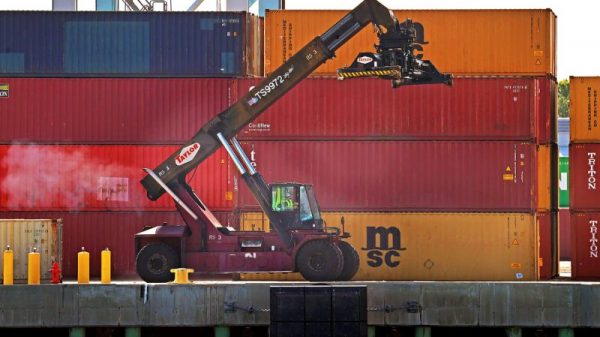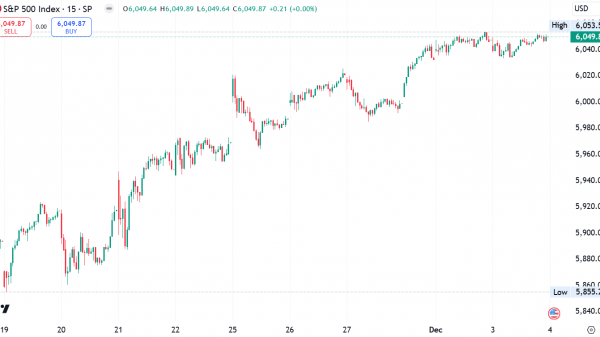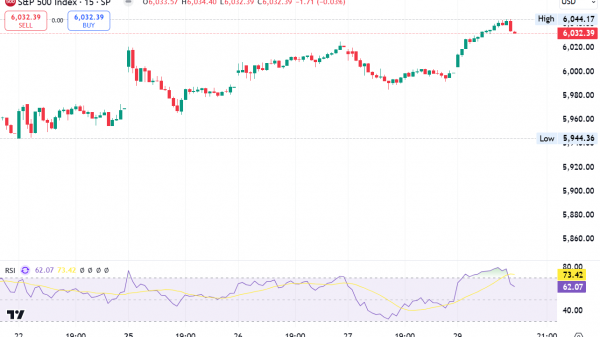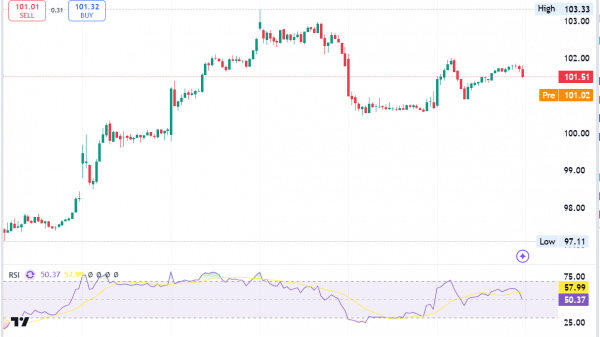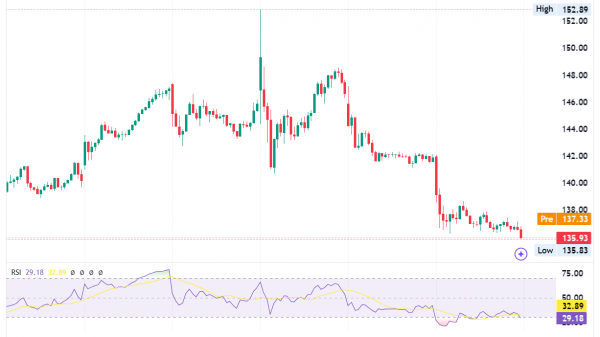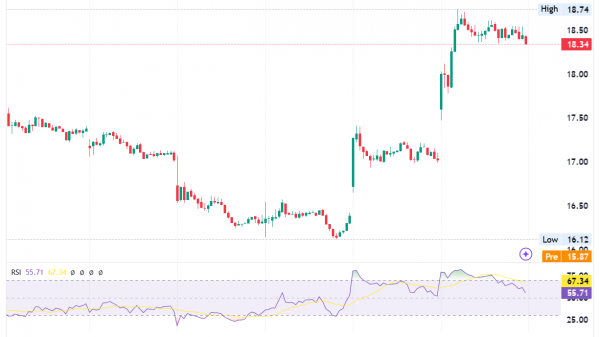Trade Surplus: Get To Know What It Is and Much More
You’ve recently come across the term ‘trade surplus,’ but you’re not entirely sure what it means, are you?
As someone heavily involved in the online trading business, it’s crucial to understand all of these terms that might help you get all the market insights you need and improve your trading success daily.
First of all, the term “trade surplus” refers to the specific economic indicator that occurs once a particular country’s exports exceed its importing goods and when it results in a positive trade balance.
To get the exact trade balance, a trader should calculate it by subtracting the total value of imports from the total value of exports. In case the result comes out as a positive one, it means that that particular country has a trade surplus.
However, let’s start from the basics and explain it in more detail, shall we?
Trade Surplus Definition and Explanation
As mentioned above, the Trade Surplus definition in economics represents a measure that reveals a favourable trade balance where a country’s exports exceed its imports.
To successfully calculate trade surplus, traders should subtract the overall value of imports from the total value of exports.
In simpler terms, the trade surplus refers to the specific situation in which the result is a positive trade balance. It certainly means that more and more money is coming into the country from selling goods abroad than going out to buy foreign goods.
It marks a specific net inflow of domestic currency derived from international trade. When imports outnumber the total amount of exports, the trade deficit occurs. In that case, we’ll have a negative trade balance and more funds leaving the country.
A positive trade balance happens when the country imports more products than it sells abroad.
Getting to Know Trade Surplus Like a Pro
A positive trade balance will bring a net influx of domestic currency from international markets. This is different from a trade deficit, which results in a net outflow when the balance is negative. The US Bureau of Economic Analysis reports these trade balances monthly.
Also, remember that a trade surplus could also come as a beneficial result. If you’re wondering how it can benefit traders, think of it as constantly stimulating additional job creation.
Along with it it also supports the overall economic growth. However, it may also increase domestic prices and interest rates.
How Does It Change the Value of a Country’s Currency?
First of all, it’s extremely important to understand that a trade surplus can impact a country’s currency value.
A trade surplus can significantly increase one country’s currency, simply because there’s higher demand for its exports, i.e. more demand for its currency.
When Does the Trade Deficit Occur?
In contrast, a trade deficit arises when a country imports more than it exports. This imbalance can weaken the country’s currency, as lower demand in global markets decreases its value.
Understanding these trade dynamics is crucial for traders worldwide, as they profoundly impact currency values and economic stability.
Which Countries Have a Trade Surplus?
In 2022, several countries, including Russia, China, Ireland, Saudi Arabia, and Singapore, led the world in achieving the highest trade surpluses.
These countries enjoyed a favourable trade balance because they exported more goods than they imported. For example, China’s large trade surplus is primarily due to its massive exports of manufactured goods, while Saudi Arabia’s surplus is largely driven by its oil exports.
In contrast, the United States often runs a trade deficit, meaning it imports more goods than it exports. This imbalance is the primary reason for the U.S.’s trade deficit.
What is the impact of a Trade Surplus on Currency and Foreign Investment?
Imagine having one country that delivers more to foreign markets than it takes to create a trade surplus. It means that that situation would, in most cases, attract additional foreign investment.
The main reason is that a trade surplus helps strengthen a country’s currency and stabilize its economy. In that way, more and more investors would be attracted, plus it could positively impact financial independence, which may lower the country’s need for foreign aid.
As one specific country’s currency strengthens from the trade surplus, its Sales abroad could get more expensive for buyers abroad. This can shift the trade balance and affect how foreign investment and aid are handled.
Trade Balance and Its Impact – What to Note?
When you hear the term “country’s trade balance,” you should know that it reflects the difference between that country’s imports and exports. The term describes how much that country purchases from abroad compared to how much it sells to other nations.
For example, if a country exports $200 billion worth of goods and imports $150 billion, it has a positive trade balance of $50 billion.
Balance of trade formula
Often referred to as the “balance of trade,” this measure calculates the main difference between what a country sends out and what it brings in. It is computed utilising the following formula:
Balance of Trade = Value of Exports – Value of Imports
In which:
Exports represent the goods and services a country sells to others
Imports refer to the goods and services a country buys from abroad
Once exports surpass incoming goods, the trade balance will be positive. It indicates that a trade surplus. In this scenario, it generally boosts economic performance, leads to higher job creation, and suggests optimistic short-term economic growth.
On the other hand, a trade deficit happens once imports exceed exports, creating a negative balance. For instance, if a country imports $300 billion of products but only exports $250 billion, it faces a $50 billion trade deficit.
After some period, persistent deficits could lead to currency depreciation, as the lower demand for the country’s currency in global markets reduces its value compared to other currencies.
What is the Importance of Trade Surplus?
For every trading activity there is a certain meaning. It is the same in this case. A trade surplus could be a great advantage for countries because it helps create jobs and encourages overall economic growth.
Nonetheless, it may also increase prices and economic interest rates. Keep in mind that while allowing the nation of a country to export more and more of its currency through trade, a trade surplus could also impact a country’s currency value on the global stage.
Strengthening a Country’s Currency
Very often, a trade surplus may strengthen a country’s currency compared to others, which affects currency exchange rates.
Traders worldwide should note that this impact depends on how a country’s goods and services stack up against those of other nations, along with various other market influences.
Final Thoughts
As mentioned in this article, a trade surplus is a situation in which one country exports more goods and services than it imports.
Remember, with big trade surpluses, foreign countries like China and Saudi Arabia are seeing more foreign investment and relying less on aid.
Nonetheless, their stronger currencies can make their exports more expensive as their surpluses grow, which might affect their trade balance. Knowing how this works helps us understand its broader impact on the economy and currency values.
The post Trade Surplus: Key Insights and Impacts on Currency appeared first on FinanceBrokerage.






